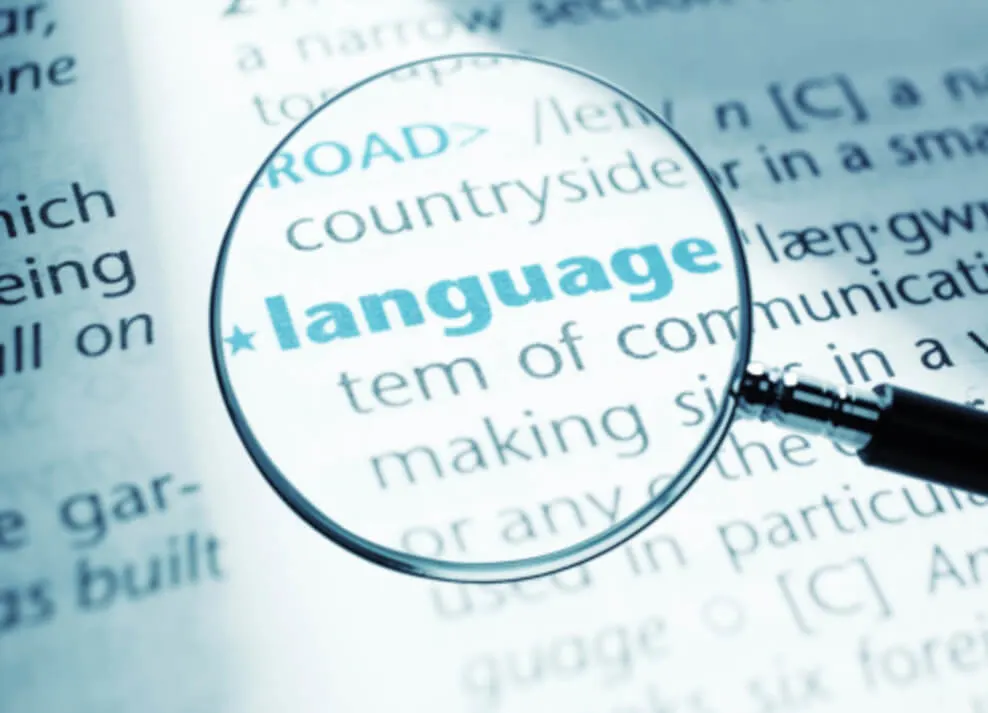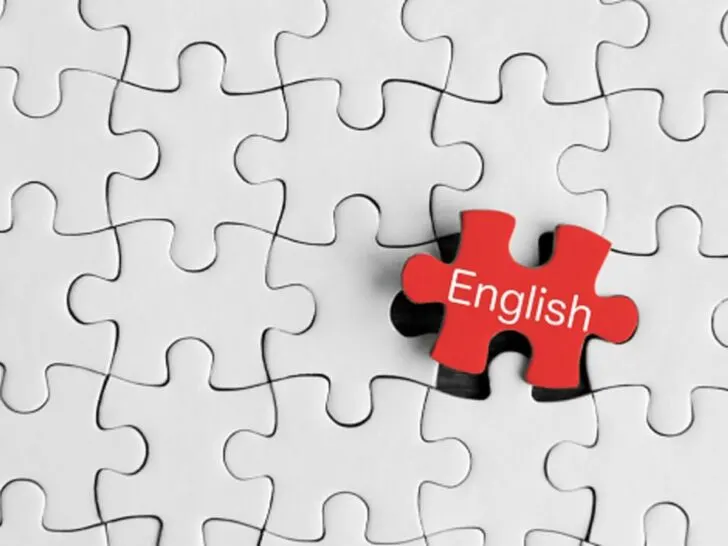I will see is written as I’ll see, while we will see is used with an apostrophe as “We’ll see”. People use these short forms in their daily language for communication purposes.
“I’ll see” is conversational for a single person, while “we’ll see” refers to people in addition to yourself.
There are many syllables, connotations, and shortened apostrophe forms that we use in our daily life while talking to several other people.
What we know is the word, while we may be confused about where and how to use a particular word.
So, today I’ll be talking about these words, along with the contrast between “I’ll see” and “We’ll see”. You’ll also get to know about the frequently asked questions and their cleared-up answers.
Let’s get started already!
I’ll See Vs. We’ll See
In some cases, I believe “I’ll see” and “we’ll see” are about more than just seeing.
“We’ll see” is frequently used to indicate that we don’t know whether something expected or planned will occur or not and whether it does or not depends on the mood of a group of people.
So, if you ask me if I’ll be at your dinner, I might say, “I’ll see,” but then I might decide at the last minute that I’m too tired and skip it.
However, if you ask, “Should we go out tomorrow?” and I respond, “We’ll see,” I’m implying that the answer is still unknown. Also, I’m leaving the door open for either of us to change our minds.
So, this is kind of contextual, either to use “We’ll or I’ll” in a sentence.
Another example would be if you asked me, “Do you think that package will arrive before 2 p.m.?” “We’ll see,” I might say, to mean “We don’t know, but we’ll find out by that time.”
In that case, I doubt anyone would respond “I’ll see” unless they meant they’d find out rather than wait to see if the package was delivered before 2 p.m.
“I’ll” or “We’ll” is chosen in case we would be sure about the answer or plan to change that particular schedule. It’s completely optional.
We’ll see or I’ll see?
“We’ll see,” even if there aren’t, implies that there are more people involved. “I’ll see”, on the other hand, is more neutral.
Both statements imply that the answer may be “No,” as in the case of a child inquiring about a friend being invited to stay the night.
However, “We’ll see,” implies that more than one person was involved in the decision and that the speaker is attempting to put more weight behind the statement, expecting the listener to accept the decision with less complaint.
“I’ll see” uses the first person singular pronoun and can only refer to one person, whereas “we’ll see” uses the first person plural pronoun and can refer to multiple people, including the person being spoken to.
To summarize, we’ll see is used to convince the other person of whatever answer you are implying to give, while in the case of “I’ll see”, the decision is completely yours.
Is The phrase “We’ll See” Or “Will See” Correct?
To understand how to use these words in context, you must first read the entire sentence.
Here are two illustrations:
- After that snack, we’ll see if you’re still hungry.
- We’ll see if Trump stays quiet in Florida or tries to create havoc at Mar-a-Lago.
“We’ll see what happens.” means waiting for the outcome before being allowed to participate.
All in all, “We’ll see.” is a statement that a particular outcome will be observed at the end of a process.
What Is The Meaning Of The Expression We’ll See?
“We’ll see if that’s the case.” We’ll see is an abbreviation for We will see.
It should look like the following examples:
I’ll see what happens, You’ll see, They’ll see, He’ll find out, She’ll find out,
We’ll see if it rains next Tuesday. It means we’ll see if it rains tomorrow.
The phrase “We’ll see,” which is a contraction for “we’ll see,” is grammatically correct.
As a result, it’s clear that “we’ll see” is also correct.

What Exactly Does It Mean When Someone Texts, “We’ll See”?
When a person is unsure about something or is certain that he or she is correct, the term is used.
As a result, the person will develop the attitude of “let us wait and see how things turn out/become.”
After some time has passed, the results may favor the person or you. For example, I will inform you that the President of the United States will visit our country.
You disagree, claiming that it is impossible. “Let’s wait and see (we’ll see),” I’ll say. If the president arrives, I was stating a fact or knowing it was possible.
If he does not come, you are correct in your assessment that he does not wish to visit our country.
In such cases, your pal is telling you that time will determine if this particular stuff is going to happen or not.
What Does “We’ll See” Mean In a Conversation?
We’ll see, or we’ll see if this is an adverbial response to something. For example, if someone asks you,
Is it still possible for me to go to the movies? The answer would be,
We’ll see what happens.
Similarly, Are you planning on attending Dan’s party tonight? We’ll see what happens.
All of these examples relate to the fact that we’ll see is used to respond to something that has to be determined, or to a plan we are not sure about. Some of that is not certain.
I think now you are quite familiar with the meaning of We’ll see and its correct usage. Aren’t you?
There are many contractions in the English language. Some of them are tabulated here.
| Aren’t | Are not |
| Isn’t | Is not |
| He’ll | He will |
| That’s | That is |
| There’s | There is |

“I’ll See You” Vs. I Miss You?
“I’ll see you later” is a contraction of “I’ will see you later.”
It implies that the brother will eventually meet the sister, even if they are currently separated. It’s not the same as saying, “I’ll miss you.”
As people generally think that “I’ll see you” is the same as “I miss you”, but this isn’t correct.
Even though they are both used to saying goodbye, “I’ll miss you” is more intimate and contains more affection and emotion.
However, while they are not mutually exclusive, they are also not synonymous.
“I’ll see you later,” it can be said.
By casual acquaintances who might see each other or may not meet soon, This, I believe, is the situation described for I’ll see you later.
I’ll miss you can be applied to good friends, lovers, or family members to varying degrees.
It implies a level of emotional vulnerability that some people are hesitant to reveal, which is why saying “I’ll see you” instead of “I miss you” is far more honest.
What Does It Mean When Someone Says, “We’ll See What We Can Do About That?”
We’ll see can be used to express skepticism about something said by another.
As an example,
- If a person says, I swear I’ll never be late again.
- While the second person says; We’ll see how that goes!
In this scenario, the second person is skeptical that Person 1 will follow through on his promise.
One possible interpretation of the exchange is that you expressed your wish to avoid seeing your friend and her mother at that particular place.
For instance, If your friend’s mother is at the hospital. And your friend says “We’ll see about that later”. Your friend is optimistic and does believe your mother will improve.
We’ll See, What Does It Mean?
We’ll have an apostrophe in it, so it has nothing to do with complex terms. As a result, it is most likely a contraction of the phrase “we will.”
And to see means to detect something visually, usually with your eyes. However, it could also mean learning something or discovering something.
When someone explains a concept to you, you might respond, “Oh, I see.” Even if you don’t physically see something, you understand it, and saying “see” serves the same purpose.
As a result, “we’ll see” means “we’ll see something with our eyes” or “we’ll discover something.”
I believe it means “we will eventually discover something.”

Conclusion
In conclusion, I’ll see and we’ll see are two different contractions of the English language. Although there are so many contractions in the English language that are commonly used, people are generally confused between these two.
“I will” is written in a short form with an apostrophe as “I will,” while “we will” is written as “We’ll.” I’ll refer to a singular pronoun in which a person is referring to himself only and is responsible for the answer he is giving. The description depends on him alone.
On the other hand, we’ll see if it’s used as a predictive pronoun for more than one person. In this case, a person not only refers to himself but also other people related to him, on whom he relies to know about a particular plan.
In this scenario, he is not alone responsible; instead, he is dependent on a group of people.
Thus, I had already addressed some of the most common ambiguities in such contractions. I hope you are familiar with most of them.
Take a look at this article and clear the common confusion about prefer vs perfer: Prefer VS Perfer: What’s Grammatically Correct
Other Articles
Sacar vs Sacarse (Closer Look)
Glock 22 VS Glock 23: FAQs Answered

